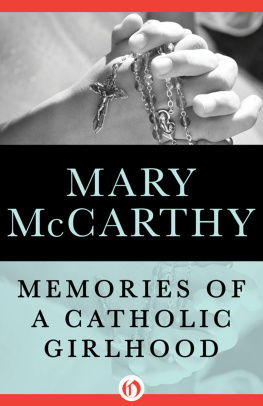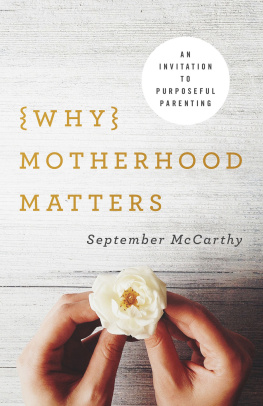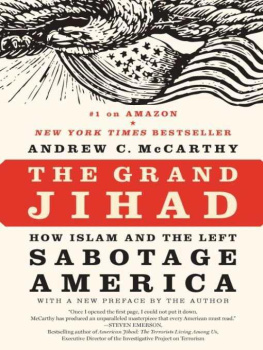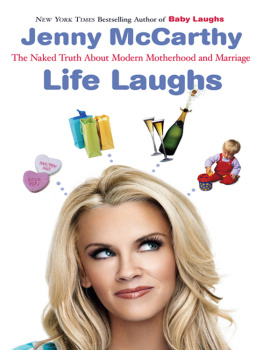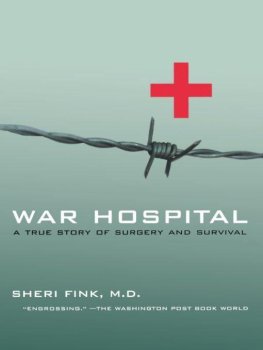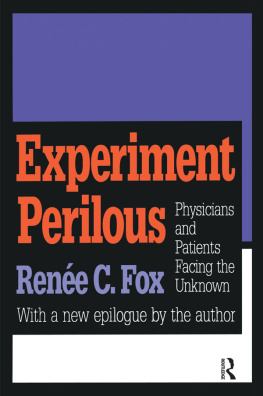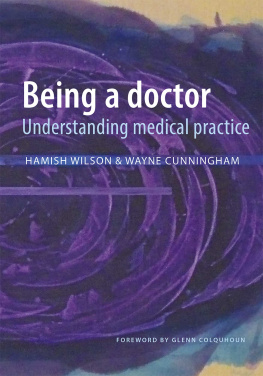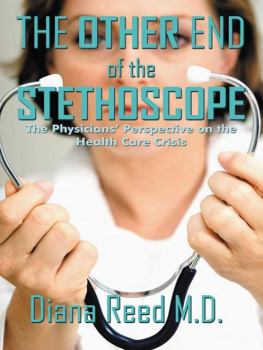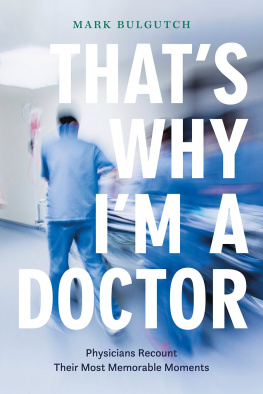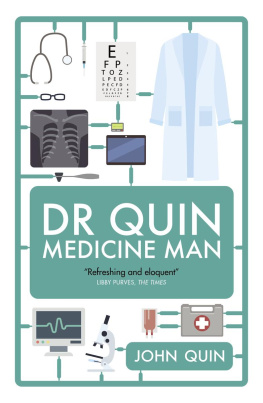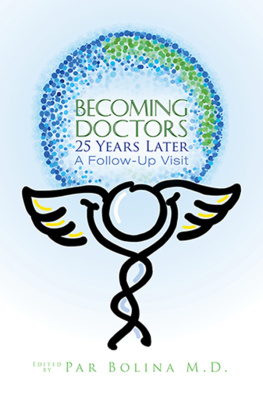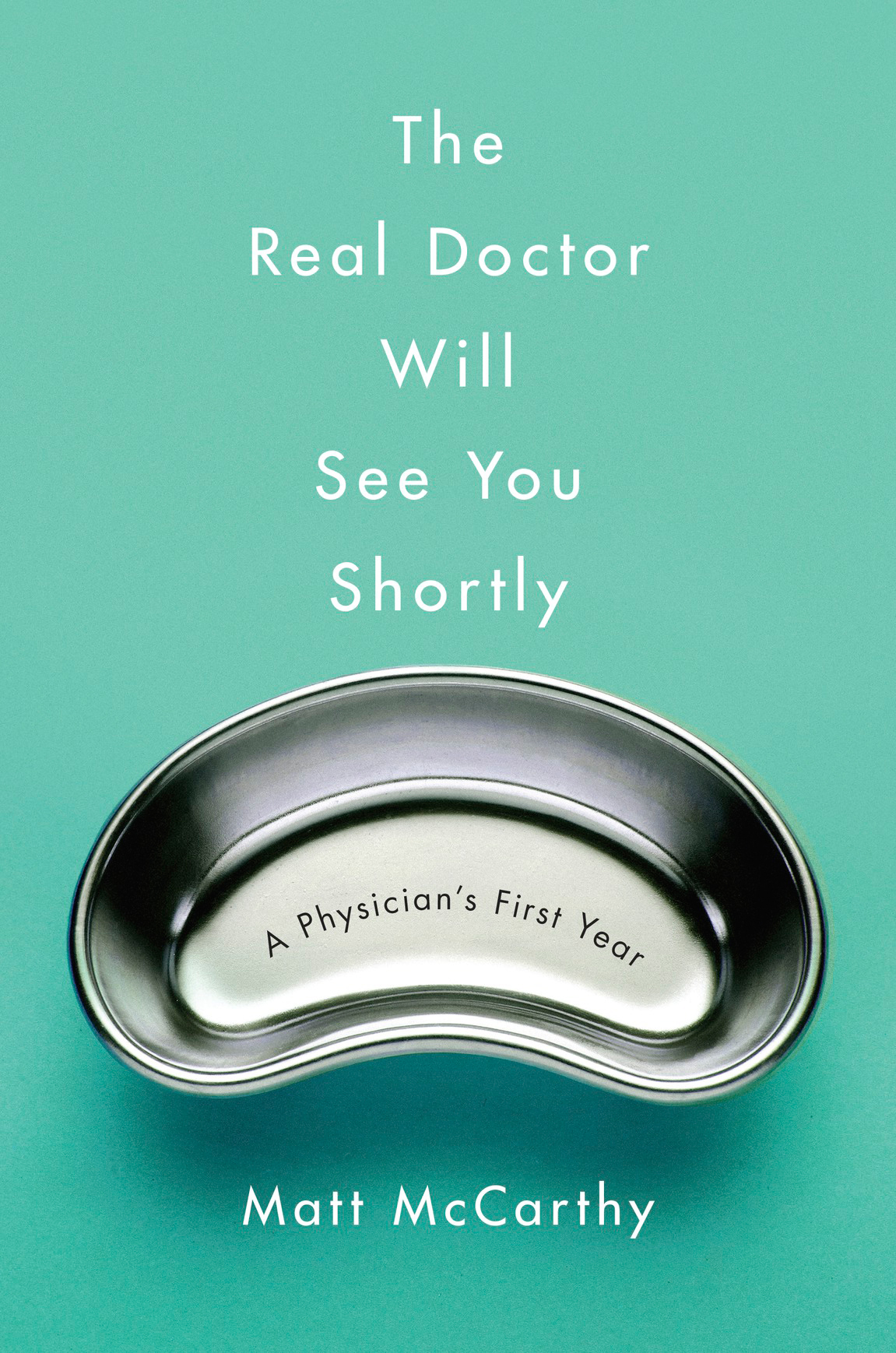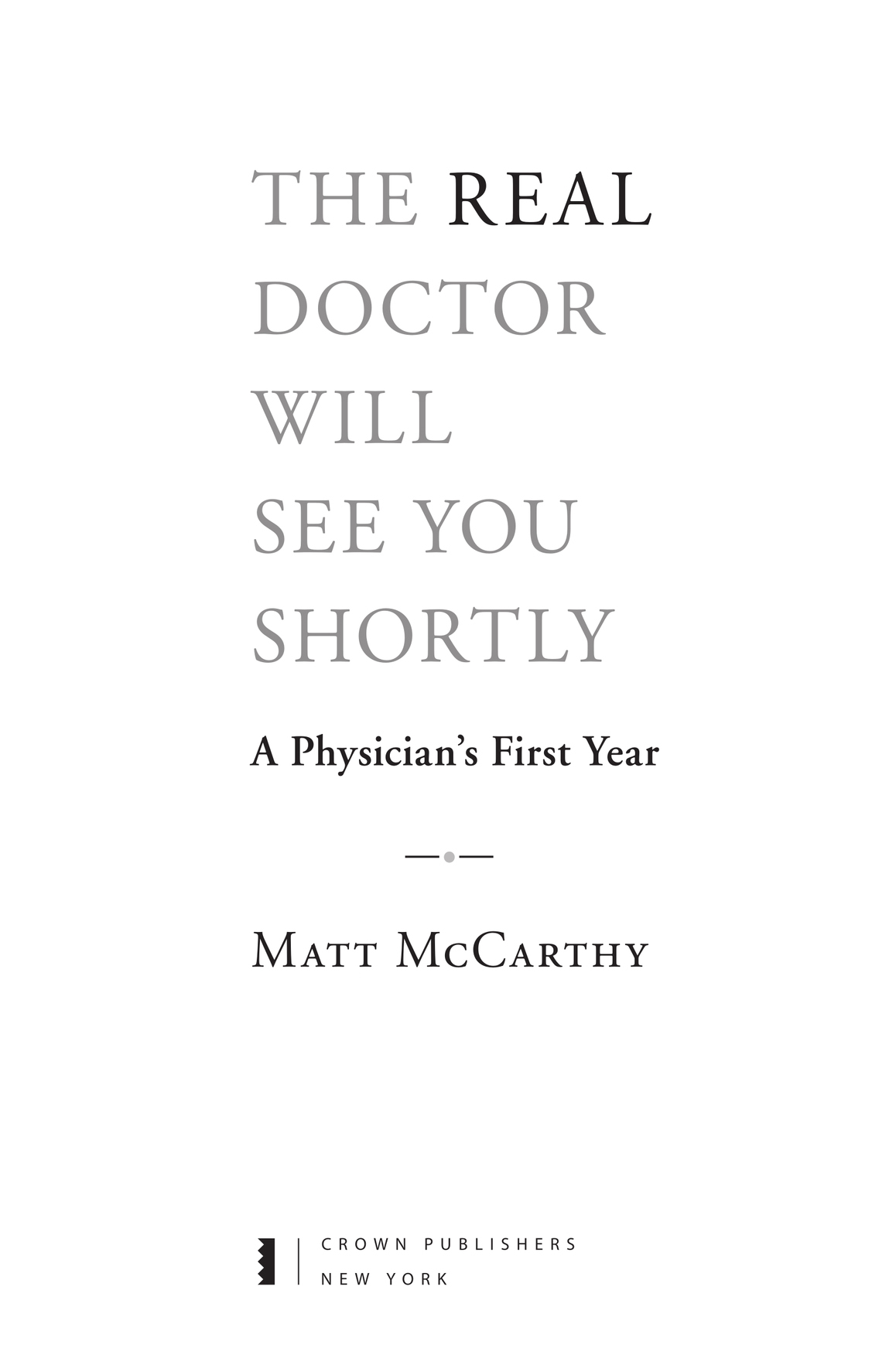This is a true story and the people Ive written about are real. However, in order to ensure patient privacy and maintain the confidentiality of others, this work has been carefully vetted to comply with the Health Insurance Portability and Accountability Act (HIPAA), and throughout the book, names, dates, and personal identifying details have been changed. In one instance, a composite character has been used.
Prologue
It started with a banana peel.
After years of quiet study in the libraries, laboratories, and lecture halls of Harvard Medical School, I finally made the tectonic shift to hospital life in the summer of 2006. The third year of medical school marks a startling departure from the academic fantasia of study groups and pass/fail exams, and I was flooded with anxiety. I valued sleep. I wasnt sure how Id handle destructive criticism, and I was known to have an irritable bowel.
The first assignment in my rotation was surgery, a three-month slog of 120-hour workweeks at Massachusetts General Hospital that was designed to identify the handful of future surgeons in our class of roughly 165 students. On the first day, I was assigned to a team with a desiccated fifth-year surgical resident named Axel, who had piercing periwinkle eyes and an implausible Adams apple that caused my eyes to bounce when he spoke. Axel could fairly be described as a member of the Undead; he had traded the better part of his youth for world-class surgical training and wasnt sure it had been a fair swap.
Shortly after I was introduced to him in the cafeteria, Axel held up a banana peel, tore it in half, and said, You may not lay a hand on any of my patients until youve sutured this back together. He reached in his back pocket, handed me a needle and thread, and banished me from sight. Go wherever you want to figure it out, he said, and please stop grinding your teeth.
At first I didnt know what to do; surely none of the other medical students had been given this assignment, and I didnt know my way around the place we called Mans Greatest Hospital well enough to find someone who could help. I cradled the peel like a wounded bird and started wandering up and down the long corridors, peeking into rooms at random. Eventually I returned to the room where Id started the daythe surgical librarywhere an administrative assistant had given a dozen of us folders with an outline of expectations. There had been no mention of banana peels.
As I scanned the room, which was dotted with portraits of men I should have recognized but didnt, I recalled something a frustrated professor had recently said to me: When a patient is having a heart attack, a Harvard students instinct is to sprint not to the patients bedside but rather to the library, to read more about the nature of chest pain. Dont ever do that. Yet here I was, surrounded by books instead of patients.
I pulled one off the shelf and flipped through the pages. What were my classmates doing right now? Learning to scrub in? Assisting with appendectomies? Removing gallbladders? Thats what Id thought this rotation would be about: actual surgery, not fumbling with fruit. Was all of that really on hold until I figured this out? I looked down at the banana peel and sighed.
I could probably patch the thing back together with some basic shoestring knots, but that wasnt the task. Suturing involves a specific set of techniques to make knots that leave very little trace of their existence, as would be necessary on a patient who required them to close up a wound. But the instructions I found in books werent helping. The pages were filled with detailed descriptions of arcane anatomical structures and artists renderings of complex intestinal surgeries, stuff that was far too advanced for me.
Based on my incipient attempts, the banana peel would have been grounds for a malpractice suit. An olio of solutions bounced through my head: Pay a frazzled surgical intern to show me how to suture? Superglue the peel back together? Claim Id used dissolving stitches?
I heard a knock at the door and closed the book. A voice outside the library called, Hey, a little help?
I opened the door and found looking up at me a man with a receding hairline and wire-rimmed glasses seated in a wheelchair.
Hello, I said, as though receiving an uninvited dinner guest. A lost patient, I presumed, until the man wheeled himself past me into the room and flipped on a second set of lights. Im Charlie, he said. You must be
Matt. One of the new medical students.
His face brightened, and he took off the glasses. Charlie McCabe, he said. Pleasure to meet you.
I flinched when I heard the name. McCabe had been one of the most promising surgeons of his generation when he began his residency at Mass General in the 1970s. At the end of his training, he was accepted into the cardiothoracic subspecialty training program at MGH, but just before graduation, he developed a tingling in his hands. In short measure he was diagnosed with multiple sclerosis and was left unable to operate. After the diagnosis, McCabe began teaching surgery to medical students and now ran the surgical rotation at Mass General. He had been named the Harvard Medical School teacher of the year on several occasions, and we all knew his heartbreaking biography.
Youre a few minutes early, he said. I was about to have you guys paged. Were going to go over some of the basics of the rotation.
As I sat down I looked for a place to put the peel.
Need a trash can? McCabe asked, motioning with his head toward the large receptacle in the corner.
My, uh, resident gave this to me today to
Axel and his banana peels. McCabes head shook from side to side.
Yes.
Give it a shot, and if you cant figure it out Ill show you.
Really?
Give it a shot.
For the next three days, I reported to the surgical library at 6:00 A.M. to spend hour upon frustrating hour mutilating the ever-darkening, softening banana peel. At the end of the third day, I bumped into McCabe near the hospitals entrance.



